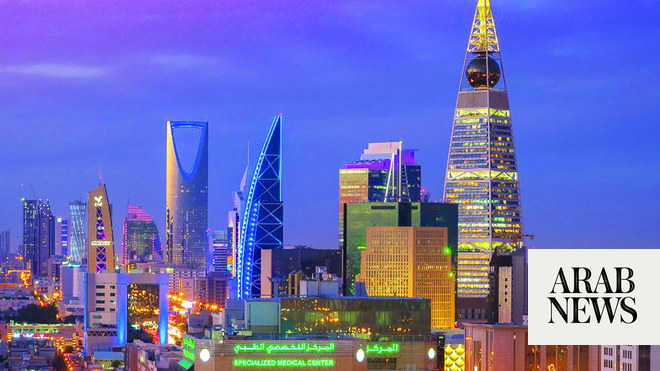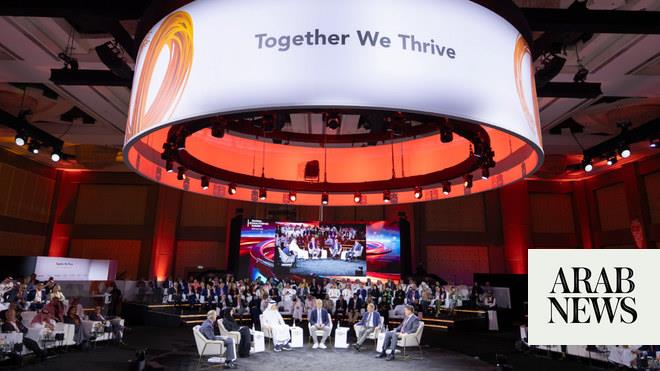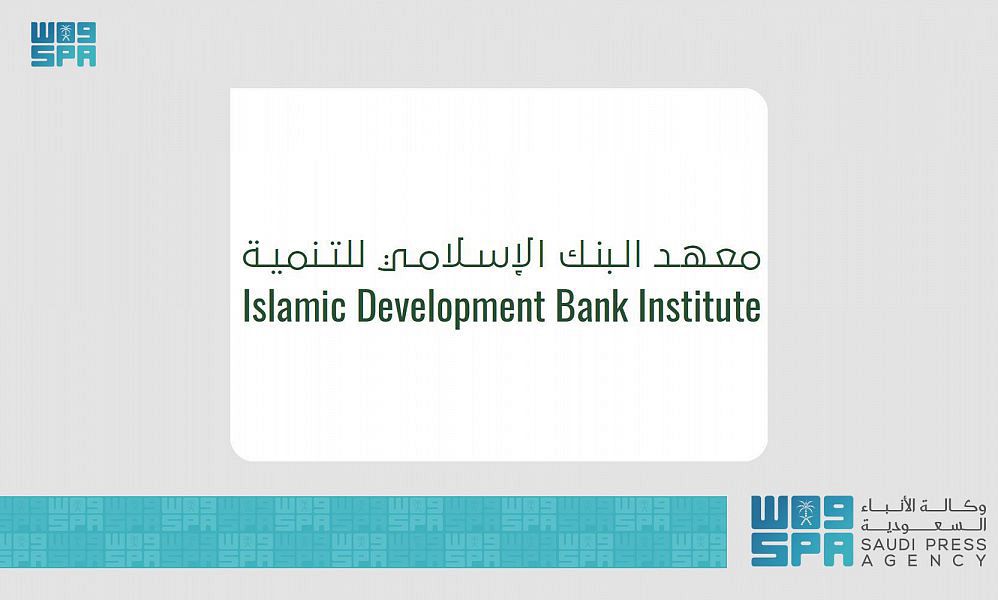
RIYADH: Representatives from the Islamic financial services industry are expected to deliberate on competency development and risk management practices at the 42nd council meeting of its apex body held in Riyadh on Monday and Tuesday.
The event, organized by the Islamic Financial Services Board, will debate recent events in the industry aimed at improving its stability, according to a statement released by the Saudi Central Bank, also known as SAMA.
SAMA Gov. Ayman Al-Sayari, who is also the chairman of IFSB, will steer the annual council and general assembly meetings.
Governors, council members and experts in Islamic finance will also gather at the event.
This year’s annual meetings will host a capacity-building workshop for banks besides commemo- rating the 20th anniversary of the founding of the IFSB. According to a report from S&P Global Ratings in May, the Islamic finance industry is forecast to grow in 2023-2024 thanks to Saudi Arabia’s strong banking system.
The US-based agency expected around 10 percent growth across the industry in 2023-2024 after seeing a similar expansion in 2022, with the Kingdom and Kuwait largely fueling last year’s rise.
S&P Global Ratings also believe that despite a predicted economic slowdown and a decline in sukuk issuance this year, new supplies of the product will exceed those set to mature.
The report echoed findings from US-based Fitch Ratings released in April, which claimed the global sukuk issuance for the second quarter of 2023 is building up even as it faces short-term uncertainties amid continued macro-volatilities.
In its report, S&P Global Ratings said: “We expect a material slowdown in GCC economies’ real GDP growth in 2023-2024, compared with 2022, largely based on lower oil production. However, we think that Saudi Arabia’s banking system performance will continue to underpin a large portion of the expanding Islamic finance industry.
“In other GCC countries, growth of about 5 percent appears plausible in the absence of new major government investment cycles.”
The report argued that Islamic finance is still more of a collec- tion of local industries than a truly globalized sector, and that it is looking at ways to “enhance its competitiveness” in order to secure a broader appeal.












